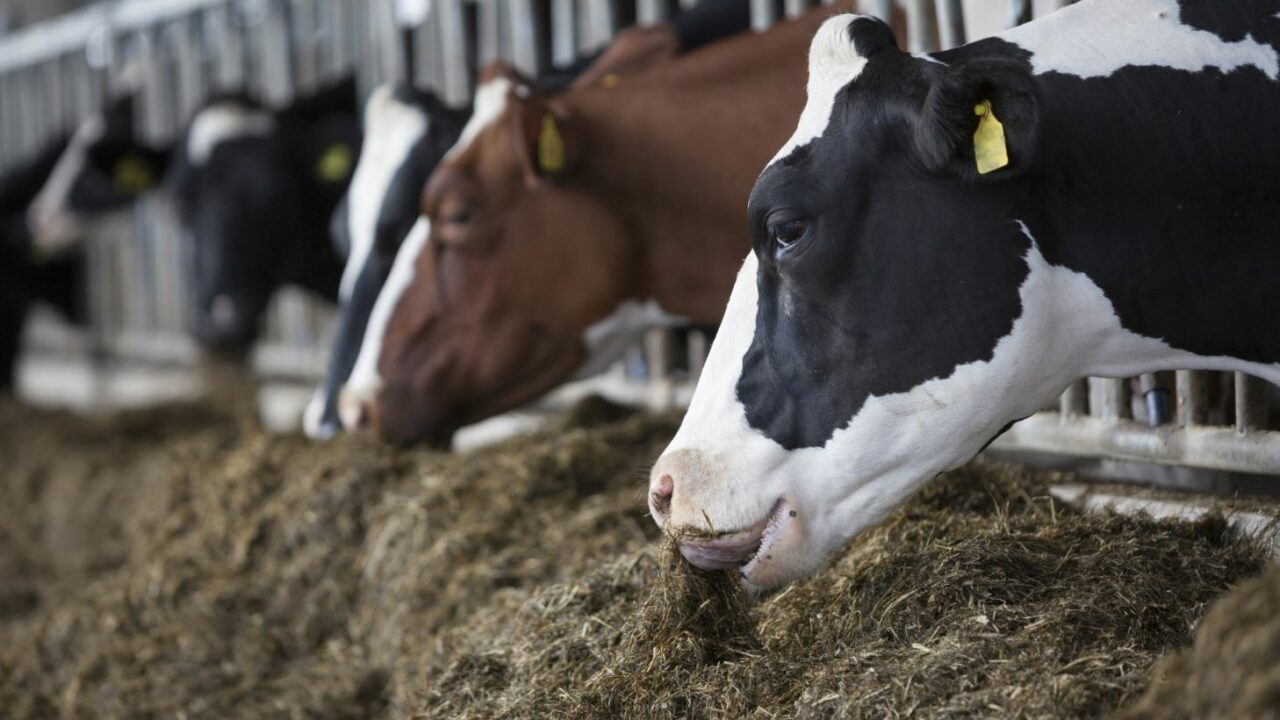Arrabawn has become the latest processor to drop its milk price for February supplies. However, the price nonetheless remains in a relatively healthy state for the co-op’s suppliers.
According to a spokesperson for the co-operative, the milk price today reduced from 37.1c/L to 36.1c/L including VAT for the month of February.
February prices
Earlier today, Aurivo also revealed its milk price for last month. While it has reduced its base price by 1.5c/L, the co-operative has provided a 1.58c/L early calving payment with the February milk price.
The board of Aurivo co-op has today agreed to pay a milk price of 35.58c/L including VAT for February manufacturing milk (33.75c/L excluding VAT).
The Aurivo base price adjustment is due to continued weakness in dairy markets, particularly powder prices. Market returns continue to remain significantly behind Aurivo’s current manufacturing milk price, according to a company spokesperson.
Yesterday, Dairygold announced its intention to reduce the price for milk supplied in February by 2c/L – bringing the price to 34c/L including a 0.5c/L quality bonus and VAT.
This drop follows five consecutive months of Dairygold holding its previous price of 36c/L, which also included the 0.5c/L quality bonus.
On Tuesday, Lakeland Dairies announced that its milk price will be reduced by 1c/L to 34.56c/L (including VAT and a lactose bonus) for February.
On the same day, Kerry revealed its decision to introduce a price cut of 2c/L – VAT inclusive – for February supplies, paying farmers a total of 34c/L – bringing to an end five months of holding the previous milk price of 36c/L.
Last month’s price was not supported by actual demand in the marketplace, according to Kerry Group chief executive Edmond Scanlon.
Meanwhile, on Monday, Glanbia Ireland announced its decision to cut its milk price for February supplies and pay its milk suppliers 32c/L including VAT for February manufacturing milk supplies at 3.6% butterfat and 3.3% protein.
The Glanbia February milk payment will also include a payment of 1c/L “to reflect the particularly challenging weather conditions experienced on Glanbia farms”.
